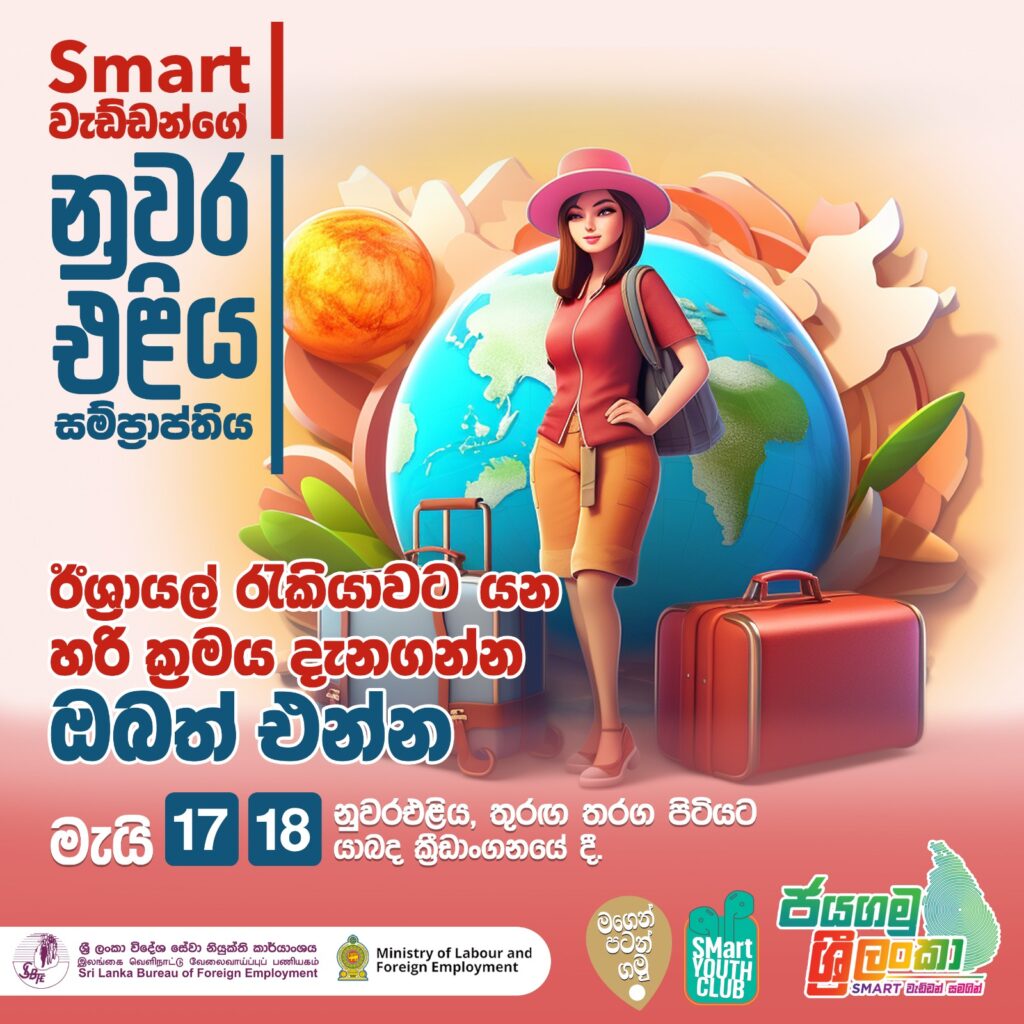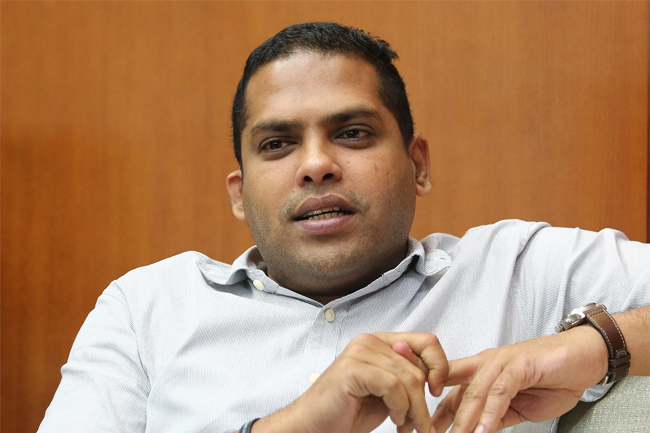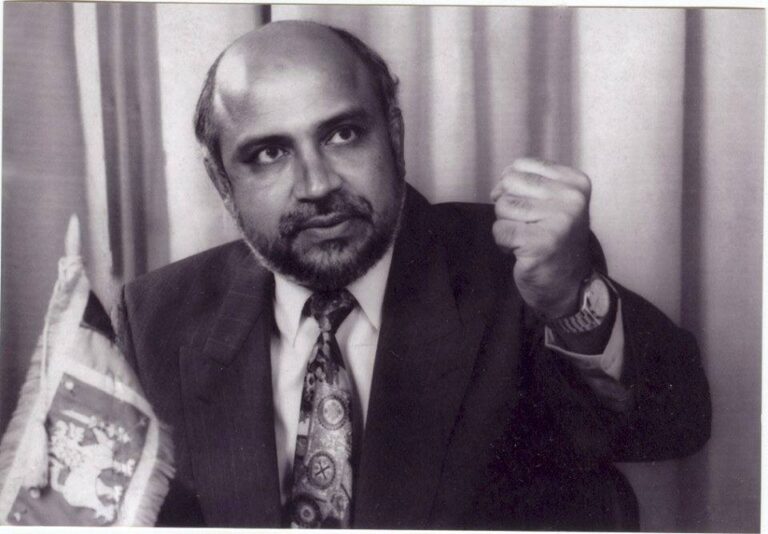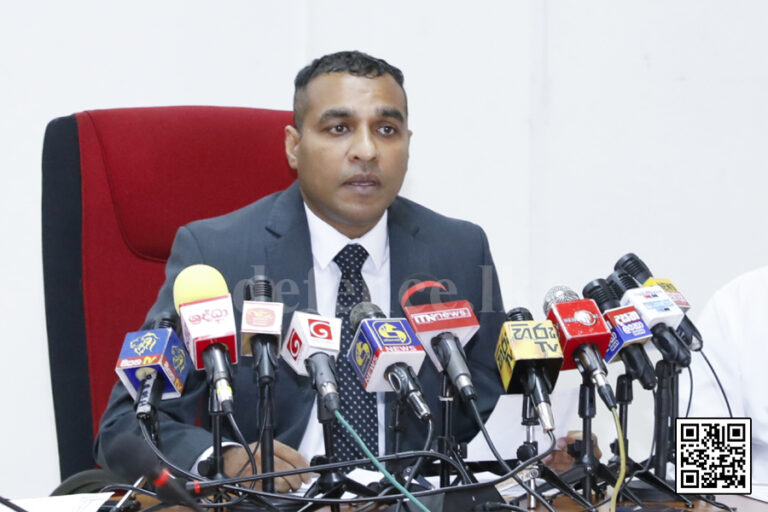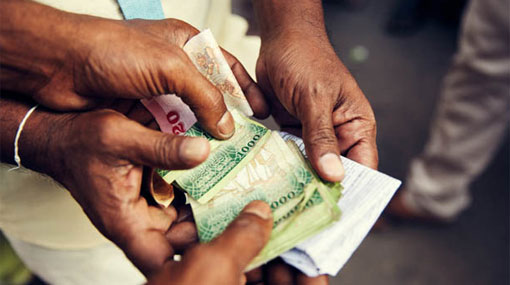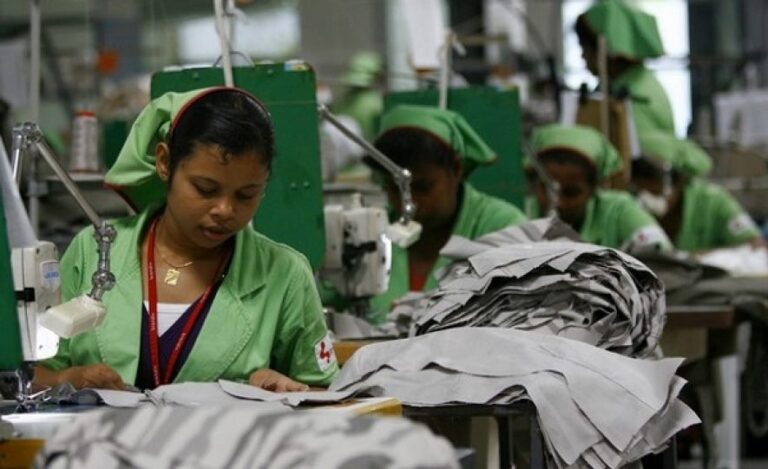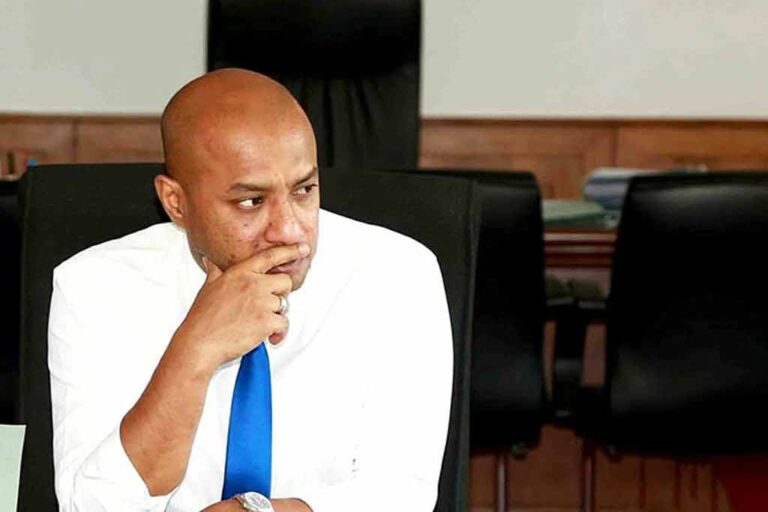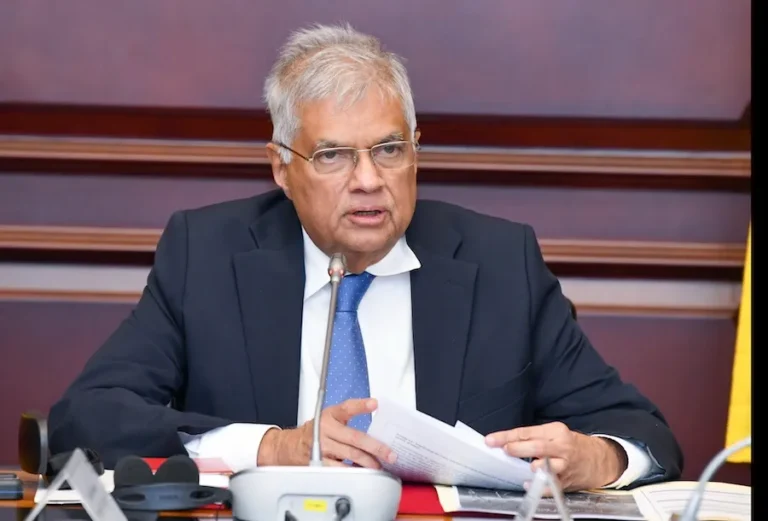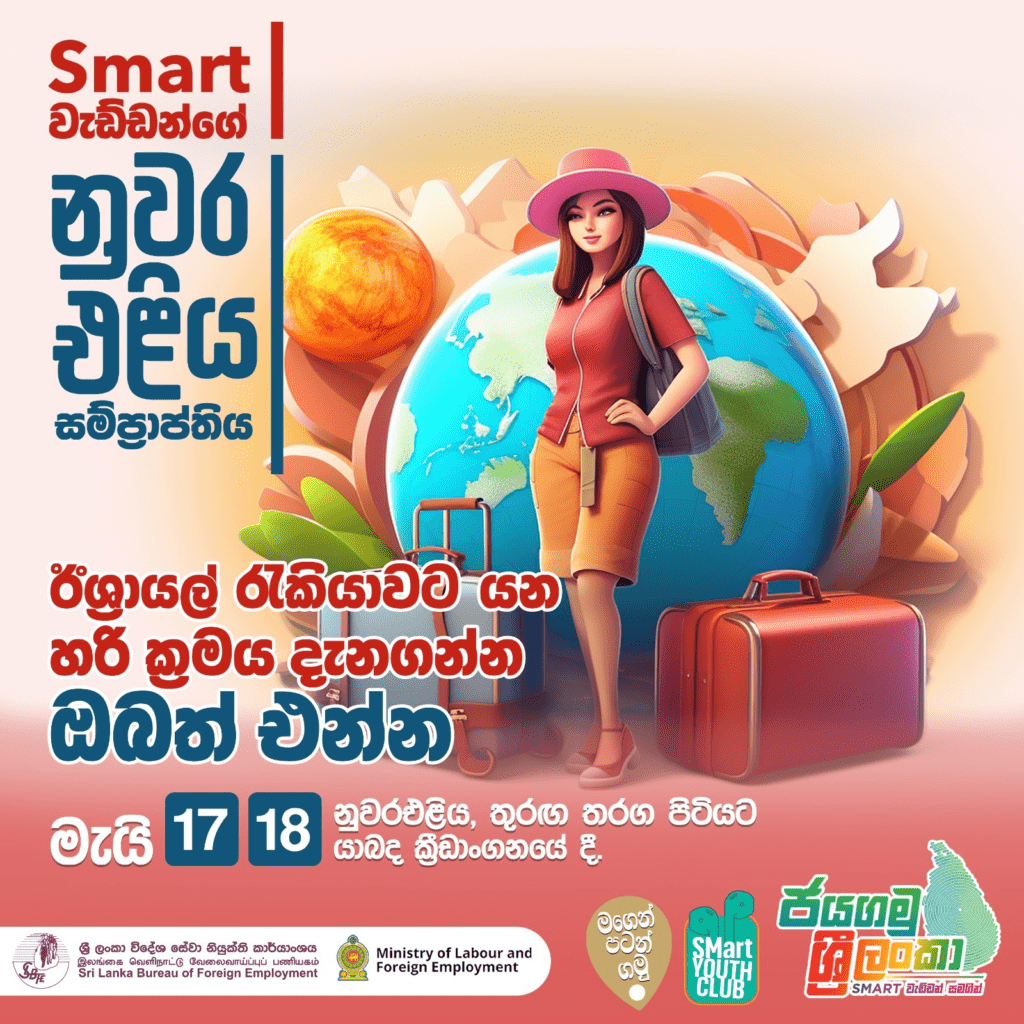May 16, Colombo (LNW): Calls for Indian travellers to boycott the Maldives are “absolutely” benefiting Sri Lanka’s travel industry, CNBC reported citing comments from Tourism Minister Harin Fernando.
“The Maldives issue is … helping us,” Fernando told CNBC, referring to a social media dispute in January that led to a significant drop in Indian visitors to the Maldives this year.
India was the Maldives’ largest source market in 2023 but has now fallen to sixth place, behind China, Russia, the United Kingdom, Italy, and Germany, according to Sri Lanka’s Ministry of Tourism.
In contrast, nearly 34,400 Indian travellers visited Sri Lanka in January, more than double the 13,759 who visited in January last year, according to the Sri Lanka Tourism Development Authority.
Arrivals in the first quarter of 2024 surpassed the same period in 2023, despite a temporary visa price increase in April.
Fernando also highlighted the strong relationship between Sri Lanka and India in both business and tourism.
“Sri Lanka is a significant market for Indian travellers,” he said, adding that his country offers more value when it comes to India.
He mentioned the country’s beaches, casinos, shopping, and the Ramayana Trail, a series of sites referenced in the ancient Hindu epic.
Additionally, the two countries are well connected, Fernando explained, further elaborating that the connectivity between the two nations is the trigger factor.
Previously, Fernando fell under public’s scrutiny for commenting at a conference that Sri Lanka is ‘a part of India’.
